At first, I thought it was nothing. This tiny, private shift that seemed so easy to blame on dinner last night…but the sight of my own dark stools stopped me cold. No one really wants to talk about poop, right? Yet there I was, wondering if the answer was somewhere between “I ate too much licorice” and “Is my body giving me a real warning?”
So if you’ve stumbled onto this page because you googled dark stools in adults photography (yes, that means looking for images of adult poop—no judgment, you’re in good company), you’re not alone. Sometimes a picture really does say a thousand words. And sometimes, bathroom snapshots can seriously help you and your doctor figure out what’s going on.
Why Dark? Why Now?
First things first. You know that moment of mini-panic when your poop turns black? Been there. For a lot of us, the simplest answer is actually the right one. Food coloring, anyone? Sometimes we forget what we ate until…the aftermath. If you’ve ever been betrayed by black licorice, octopus ink pasta, or one too many handfuls of blueberries, you know the deal.
:max_bytes(150000):strip_icc()/Health-Black-Poop-Stocksy-3304668_Horiz-00393f4397114ae18ceea99754fd395b.jpg)
Let’s toss a quick story in. True confession: my black poop debut came after a night noshing on salted black licorice (I know, an acquired taste). Terrified the next day, until a friend who’s a nurse just laughed and asked what I’d eaten. Classic! She even sent me a link to What causes dark poop in adults? which ended up calming me down. (Highly recommended.)
Can Everyday Foods Make Your Poop Look…Scary?
| Food Culprit | Why So Dark? | What Should You Do? |
|---|---|---|
| Black licorice | Pigments and coloring | Lay off for a couple days, check again |
| Blueberries | Natural dark pigments | See if things lighten up next week |
| Iron-fortified cereal | Extra iron in your gut | If you’re taking iron pills too, monitor closely |
| Octopus/squid ink, blood sausage | Strong natural colors | It’ll pass—literally! |
So, if your bathroom search looks like a page from dark stools in adults photography, pause and think back to your last few meals. If the color returns to normal soon after you go back to “usual” eating—odds are, you’re fine.
Supplements: Helpful…or a Headache?
If it isn’t your snack, next suspect on the list: supplements and medications. Turns out, the same iron pills your mom swears by for energy? Total color-changers. Pepto-Bismol (or anything with bismuth)? Secret agent of black, alarming-looking poop.
It’s a plot twist straight from your medicine cabinet. I started iron supplements for low energy a year ago and—wow, was not ready for the side effect. You worry you’re bleeding internally, when really, it’s the iron doing its thing. Relatable, right?
When Do Pills Turn Things Black?
- Iron supplements—taken for anemia, heavy periods, or general fatigue—often move things from brown to…inky. Constipation, bloating, and (yep) black stools follow.
- Bismuth subsalicylate (that’s Pepto-Bismol and its friends)—works wonders for an upset stomach but can leave your stool and even your tongue looking like you licked a charcoal popsicle.
- Charcoal supplements—marketed all over wellness TikTok—also paint everything black…and not just your bathroom breaks. Take it from someone who tried a charcoal smoothie for “detox” and freaked out later!
Check the box or bottle on your shelf. Anything in there matching the above? Mystery (probably) solved. You could always double-check using What causes dark poop in adults?—and if you’re still uneasy, talk with a pharmacist or your doc.
Side Note:
If you stop the supplement and the color still stays dark for over a week—or you notice other changes? Might be time for a conversation with your doctor. Sometimes, “it’s just the supplements” isn’t the whole answer.
Sometimes, It’s a Red Flag
Here’s where things get a little “heart drop” serious. Not to stress you out, but…if you’ve ruled out food and supplements, and your stool is super dark, sticky, almost tar-like? Your body’s waving a flag that shouldn’t be ignored. What you’re seeing is called melena—and it’s often caused by bleeding in the upper part of your digestive tract (think stomach or esophagus) according to webmd’s health news on black stools.
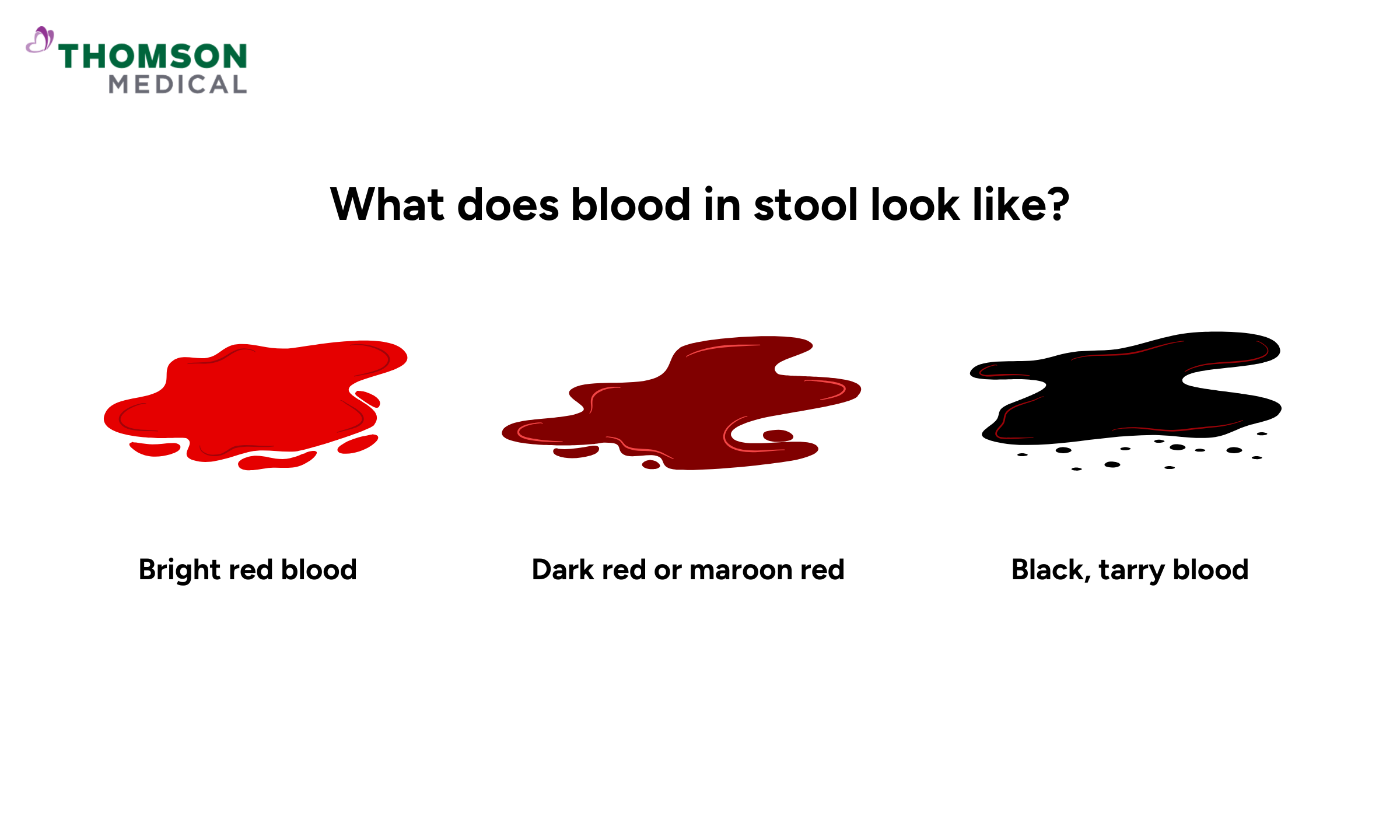
I’ll be real. I ignored those signs for a while in college, chalking up my black-poop phase to sketchy cafeteria food. Only when dizziness and fatigue joined the party did I confess to my roommate, who (less panicky than me) insisted on a doctor trip. Turns out bleeding ulcers aren’t just a punchline. But catching it early made all the difference.
What Are You Looking For?
- Stool that’s black, shiny, tarry—sticks to the bowl, can’t be flushed away easily
- Weird metallic smell (gross, I know, but it’s a clue)
- Feeling seriously tired, dizzy, or short of breath without a good reason
- Other “uh-oh” signs: unexplained weight loss, tummy pain, you look pale or weak
Bleeding can come from ulcers, gastritis, or sometimes even tumors—so it really does matter. If there’s blood loss, you can get anemic fast, which is why checking with a doctor (and sometimes showing them photos, if you can stomach it) is 100% okay. In fact, “bathroom photography” is often recommended in GI clinics—better than trying to describe shades of brown over the phone.
Don’t wait. When in doubt, trust your gut (or your gut feelings!)
Comparing: Harmless vs. Not-So-Harmless Changes
| Harmless | Worrying |
|---|---|
| Color changes after certain meals, or taking iron/bismuth/charcoal | Persistent, tarry, foul-smelling black stool |
| Resolves within a few days of stopping culprit | Accompanied by fatigue, dizziness, or pain |
| No other symptoms | History of ulcers, ongoing NSAID use, or blood thinners |
If you’ve seen any of the “worrying” column, this is your nudge to put yourself first and get checked out. No shame, no overreacting…just smart self-care.
But…Is It Always Black and White?
Not at all! Here’s a surprise: not all dark stool means terrible news—and not all colored poop is diet-related. Sometimes, it’s in the gray zone (or…dark brown zone?). Your body is unique. Some people run darker or lighter based on genetics, hydration, even stress. Plus—sometimes foods and medicines overlap, both making a difference at once.
And don’t even get me started on green poop after spinach week. That’s a topic for another day. (Spoiler: Usually harmless.)
What Else Could Be Happening?
- Constipation: slow-moving poop gets darker and drier—sometimes surprisingly so!
- GI tract “guests”: Polyps, noncancerous growths, or rare conditions (like angiodysplasia—a mouthful, right?) might make an appearance, though that’s less common.
- Medications: Not just iron—blood thinners, NSAIDs (like Advil or Aleve), or even certain antibiotics can shift things.
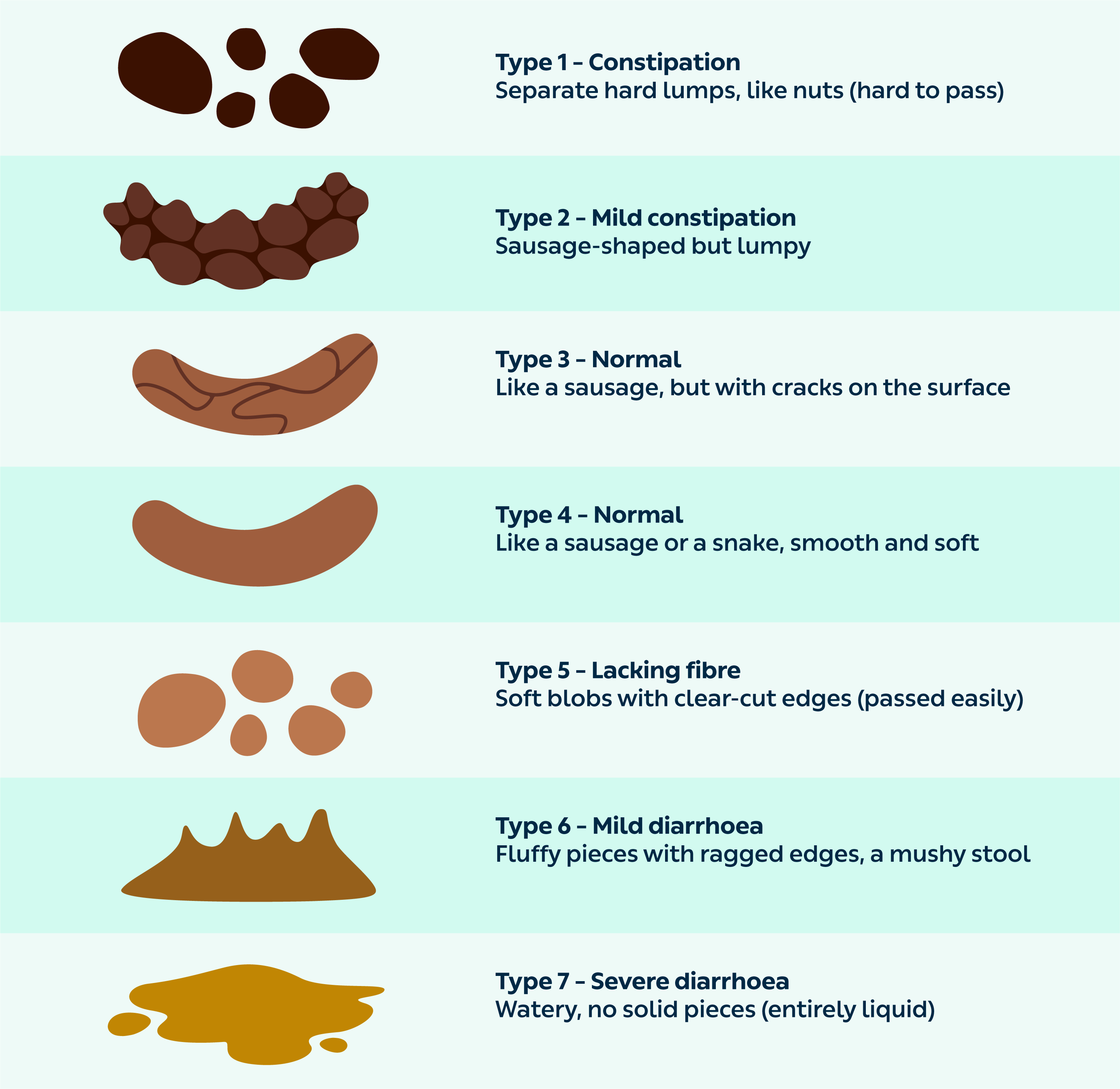
If you really want to play “detective,” something like a poop color chart (yep, it’s a thing—just check online for dark stools in adults photography or medical chart overviews) can help you spot patterns and connect dots. Or, invite a doctor into the detective agency with you—they’ve seen it all.
Still on the fence? This is where I found What causes dark poop in adults? super clear in breaking down shade differences, possible overlap of causes, and when to just relax. Sometimes the answer really is “it’s just the spinach, Mark.”
Okay, So…What Now?
Whew—if you’ve read this far, high five. The main takeaways? Change happens—food, supplements, meds, even a super-stressful week can all make your poop darker. If you can tick a recent meal, medicine swap, or supplement off the list, test it: go back to your usual for a few days. If things lighten up, panic over.
But if the change sticks around, has a tar-like or sticky feel, or you’re just getting a weird vibe from your body? Pick up the phone, send a portal message, show the photo if you have to. Your future self will thank you.
And…honestly? Let’s get rid of the shame. Everyone’s poop changes sometimes. Sharing your worries—whether with your best friend or with your provider—isn’t gross. It’s smart. Being curious is proactive. If dark stools in adults photography can help you communicate? Use it!
Let’s Keep It Real Together
Your gut is always talking, whether you want to listen or not. Instead of treating these moments with cringing embarrassment, treat them like friendly check-ins from your unique “body dashboard.” If you need a second opinion—relax, you’re not alone. Thousands are searching for the same answers every day (hey, it brought you here). Keep tracking, keep asking, keep laughing when you can. Because honestly? Poop talk shouldn’t be taboo. It might just save your life.
One last reminder—bookmark What causes dark poop in adults? in case you ever need a refresher, or share it with a friend who’s working up the courage to ask, “Is this normal?” Take care of your gut—body and mind both. Next time you squint at the bowl and wonder…know that curiosity is step one to better health.

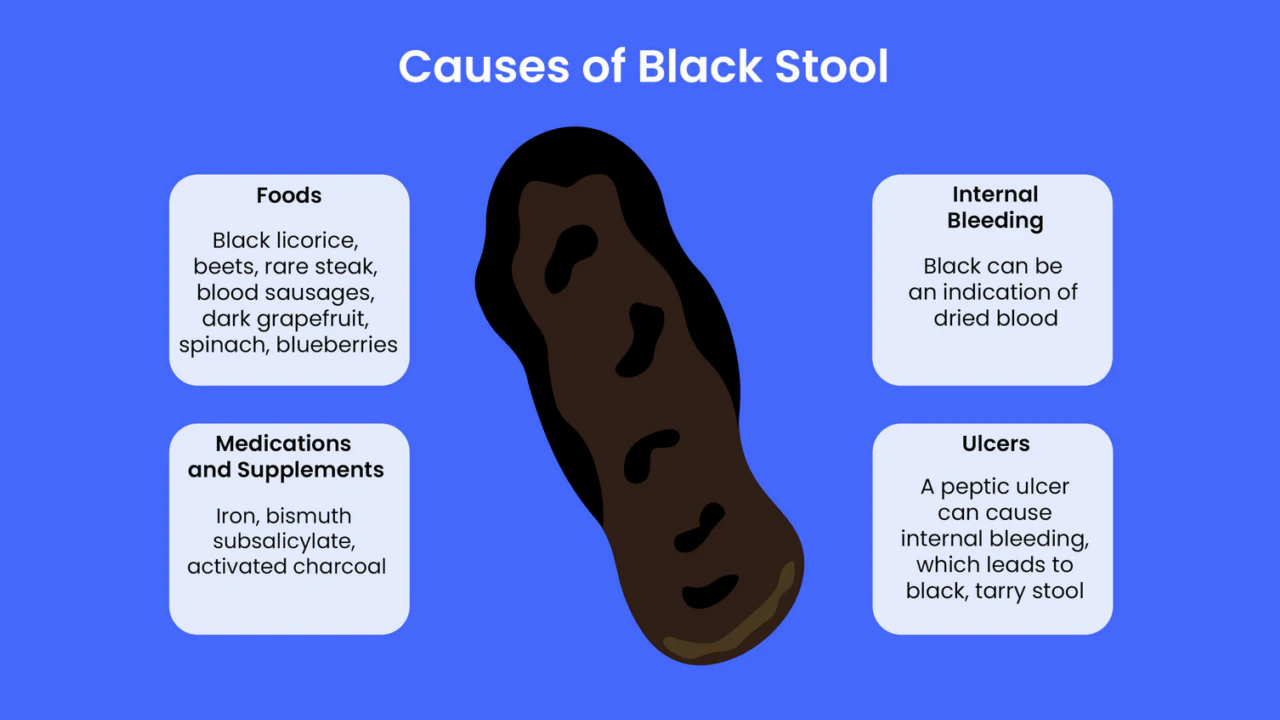
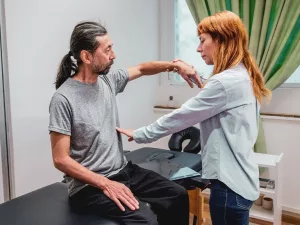

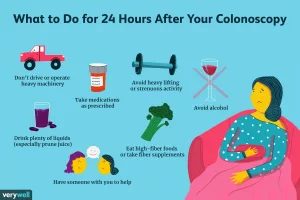




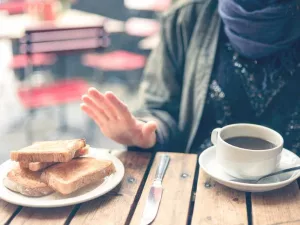


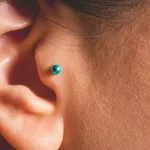











Leave a Reply
You must be logged in to post a comment.